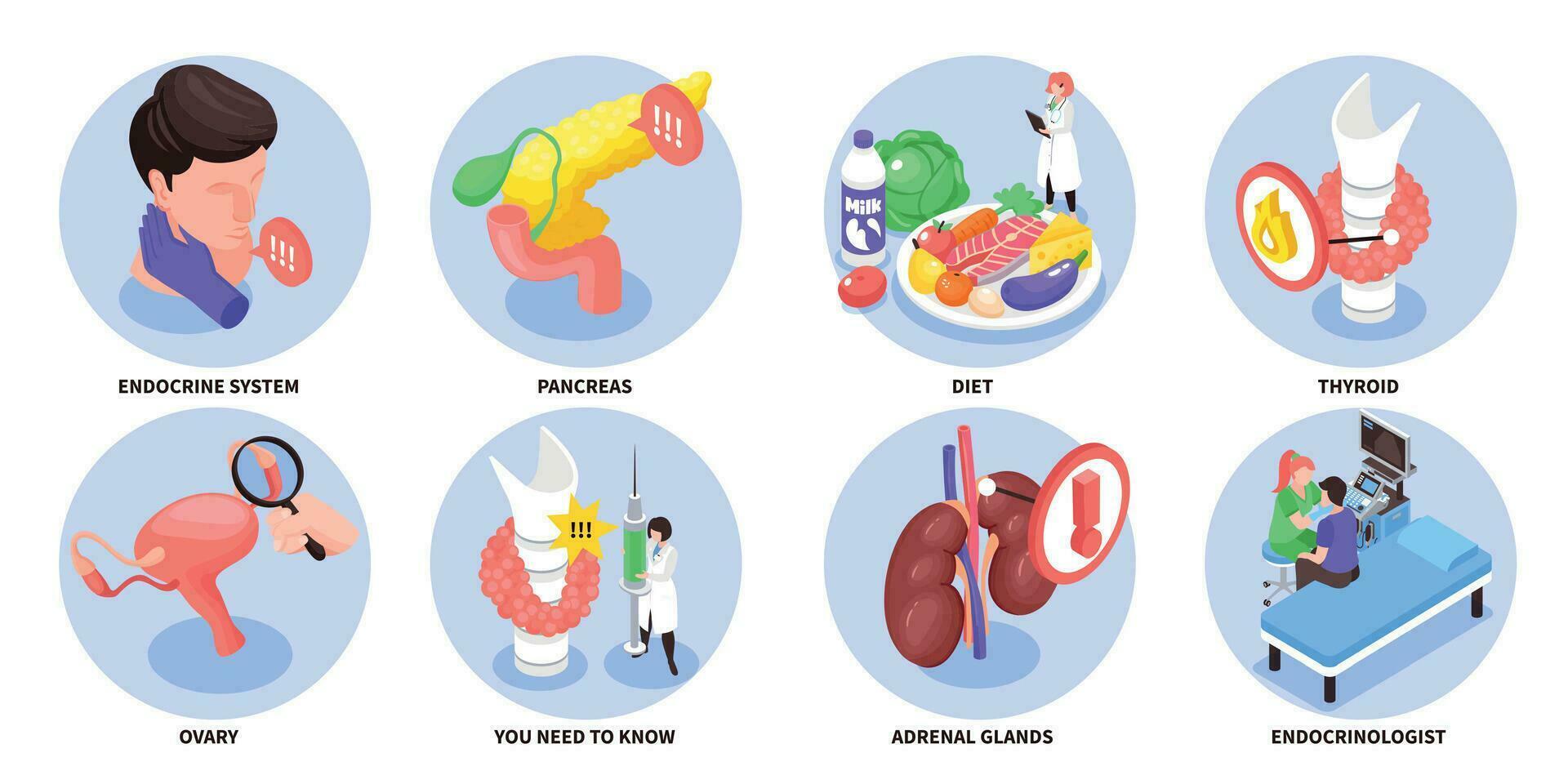The Science Behind Hormone Law: Insights From an Endocrinologist
The Science Behind Hormone Policy: Insights From an Endocrinologist uses a comprehensive exploration of the detailed procedures included in hormonal agent policy. Whether you are a clinical specialist looking for a deeper understanding of endocrine feature or an individual interested in learning about the scientific research behind hormonal agent guideline, this publication is a vital source.
Hormonal Agents and Their Functions
Hormonal agents play important duties in the regulation and control of various physiological processes within the body. These chemical carriers are produced by endocrine glands and are launched right into the bloodstream, where they take a trip to target cells or body organs to exert their impacts. The functions of hormones vary and include virtually every facet of human physiology.
One of the main functions of hormonal agents is to maintain homeostasis, which is the steady internal environment required for the body to work ideally. Insulin, a hormonal agent produced by the pancreas, manages blood sugar levels by promoting the uptake and storage space of glucose in cells. An additional hormone, cortisol, helps the body respond to tension by boosting blood sugar level levels and suppressing the immune system.
Hormones also play critical roles in growth and advancement. Growth hormonal agent, generated by the pituitary gland, boosts the growth of cells and bones, while thyroid hormonal agents manage metabolic rate and affect the growth of the nerves - Endocrinologist in georgetown. Additionally, reproductive hormonal agents, such as estrogen and testosterone, are in charge of the growth and maintenance of additional sex-related features and the regulation of the menstruation
The Endocrine System: An Overview
Playing a vital role in the policy and sychronisation of physiological processes, the endocrine system is a complex network of glands that generate and release hormones into the blood stream. These glands, including the hypothalamus, pituitary gland, thyroid gland, adrenal glands, pancreatic, ovaries, and testes, produce hormones that function as chemical carriers, affecting various physical features. The endocrine system operates in conjunction with the nerve system to manage and maintain homeostasis, making certain that the body's internal atmosphere remains stable.
It produces hormones that inhibit the release or stimulate of hormonal agents from the pituitary gland, which in turn manages the task of other endocrine glands. The thyroid gland, located in the neck, produces hormonal agents that manage metabolic process and energy balance.

Regulation of Hormone Production
The law of hormone production entails an intricate interaction between numerous glands and feedback systems within the endocrine system. Hormonal agents are chemical carriers that play an important role in keeping homeostasis and coordinating numerous physical procedures in the body. The production of hormonal agents is tightly controlled to make sure the proper performance of the endocrine system.
The hypothalamus, situated in the mind, works as a crucial regulatory authority of hormonal agent manufacturing. It releases hormonal agents that inhibit the manufacturing or stimulate of hormonal agents by the pituitary gland, which is typically described as the "master gland" of the endocrine system. The pituitary gland, consequently, generates hormones that act upon various target glands throughout the body, promoting them to generate and release details hormones.
Responses mechanisms likewise play a crucial duty in hormone policy. When hormone degrees increase over or drop listed below the optimal range, the body sets off systems to either reduction or rise hormonal agent manufacturing, specifically, to recover balance.
Responses Loops in Hormonal Agent Law
Responses loopholes play a crucial function in the policy of hormone production. These loops entail a collection of communications in between the endocrine glands, hormones, and target organs to maintain homeostasis in the body. There are 2 sorts of comments loops: negative responses and favorable comments.
Negative feedback is the most usual kind of comments loop in hormone law. It functions by noticing the degrees of a hormone in the blood and adjusting hormonal agent manufacturing appropriately. When hormone levels climb over a specific threshold, the hypothalamus in the mind indicates the pituitary gland to reduce hormone manufacturing. This, consequently, decreases the stimulation of the target body organ, causing a reduction in hormonal agent secretion. On the other hand, when hormone degrees drop below the threshold, the hypothalamus promotes the pituitary gland to raise hormonal agent production, recovering balance.
Favorable feedback loopholes, on the other hand, intensify hormonal agent production. This takes place when a hormone boosts the launch of even more of the same hormonal agent, causing a rapid rise in its levels. Favorable feedback loops are much less common in hormonal agent policy and are generally entailed in particular physiological procedures, such as childbirth and lactation.
Factors Affecting Hormonal Agent Balance
Aspects affecting hormonal agent balance consist of nutritional choices, way of living practices, and environmental direct exposures. These aspects can have a significant effect on the fragile balance of hormonal agents in the body, influencing various physiological procedures and total wellness.
Dietary choices play a critical function in hormonal agent guideline. Taking in a balanced diet plan that includes a variety of nutrients is essential for maintaining hormone balance. Specific nutrients, such as omega-3 fatty acids, vitamins, and minerals, are especially crucial for ideal hormone function. On the other hand, a diet high in refined foods, fine-tuned click site sugars, and undesirable fats can interrupt hormonal agent degrees and lead to imbalances.
Adequate sleep is critical for hormone manufacturing and policy, as interfered with sleep patterns can lead to discrepancies. In addition, chronic anxiety can dysregulate the hypothalamic-pituitary-adrenal (HPA) axis, a key player in hormone guideline, leading to a cascade of hormonal discrepancies.

Final Thought
To conclude, comprehending the scientific research behind hormone guideline is vital for keeping overall health and wellness and well-being. Hormones play critical roles in different physical functions, and their production is controlled by intricate feedback loopholes. Variables such as diet plan, way of living, and stress selections can affect hormone balance. By examining and comprehending these systems, we can much better recognize and take care of hormone-related problems, ultimately resulting in enhanced health and wellness results.
The Scientific Research Behind Hormonal Agent Law: Insights From an Endocrinologist supplies a thorough expedition of the elaborate procedures entailed in hormone regulation. It produces hormonal agents that boost or prevent the launch of hormones from the pituitary gland, which in turn regulates the activity of various other endocrine glands. It launches check it out hormones that boost or prevent the urgent medical care near me production of hormones by the pituitary gland, which is usually referred to as the "master gland" of the endocrine system. The pituitary gland, in turn, creates hormonal agents that act on numerous target glands throughout the body, stimulating them to create and launch details hormones.
When hormone levels rise above a specific limit, the hypothalamus in the mind signifies the pituitary gland to lower hormone production. (Endocrinology)